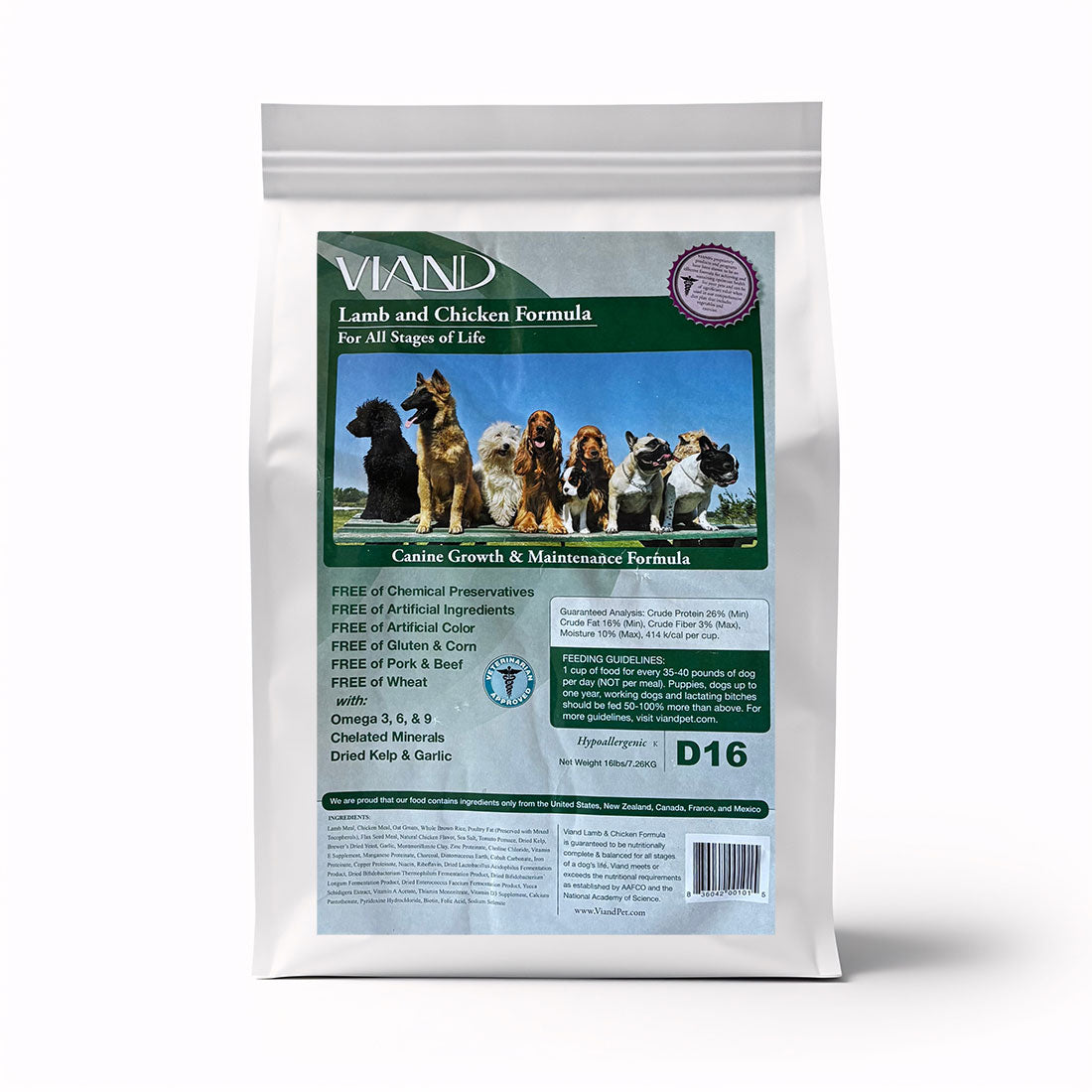· By Scott Pollak
Over Vaccinating
Vaccines are important because they assist in keeping your dog healthy, as well as all those who will come in contact with it safe. The frequency of vaccinations is dependent on many things inclusive of age, whether they live indoors or outdoors, whether they have had any prior diseases, if there are any travel plans, if they were exposed to risks, and the type of vaccination that is being considered.
Overtime, it has been a recurrent topic of discussion on how frequent vaccinations should be administered and what the long term effects of them might be. It was even suggested that the long term health as well as immunity can be compromised by over vaccinating. Vaccination guidelines have begun recommending that vaccinations only be administered once every three years and no more, with the initial booster being administered at 12 months. In the opinion of many experts, frequent vaccination is potentially harmful and also unnecessary. Dog owners should be wary of vets who offer to provide annual vaccinations unless it is required by law, and even so, should be considered optional.
In place of what previously were the annual vaccinations, presently they have been changed to ‘wellness examinations.’ These examinations will serve as check-ups to keep close tabs on how the health of your dog is progressing, their changes in weight, and any differences in skin colour and fur texture etc.
It is important to always be knowledgeable about the treatments your dog has received. Always keep the documentations safe and do not assume the veterinary will always have them for you and will always keep them up to date. Be clear whether you would like your dog to receive vaccinations or not. If you are unaware of which vaccinations your dog might need, cultivate a good knowledge about each of them and at what stage they are usually given. Also, ask if there are any specific vaccinations that are unique to the area in which you live or the lifestyle in which your dog resides.
There are a growing number of pet owners who are unaware of titre-testing. This refers to the process of testing for the antibody status of your dog before administering a vaccine for it. It only makes sense to check if what you would like to vaccinate your dog for is actually present, this being a safer method than facing the long term effects of over vaccination.
There are vaccines that are categorized as non-core vaccines. Non-core vaccines are those that don’t need to be administered to each and every dog. The reason for this could be that disease(s) they are being protected against are very mild, or that your dog has a very minor of chance of exposure to the disease. There might also be instances where the vaccines cause adverse effects, and in that case prevention would be better than cure, because the risk-benefit ratio would be far from worth it. It might also just be that you are not aware of all the details pertaining to the vaccine. There is nothing wrong with that, in fact, it is commendable to wait until you’re sure to actually take any actions affecting your dog’s health.


